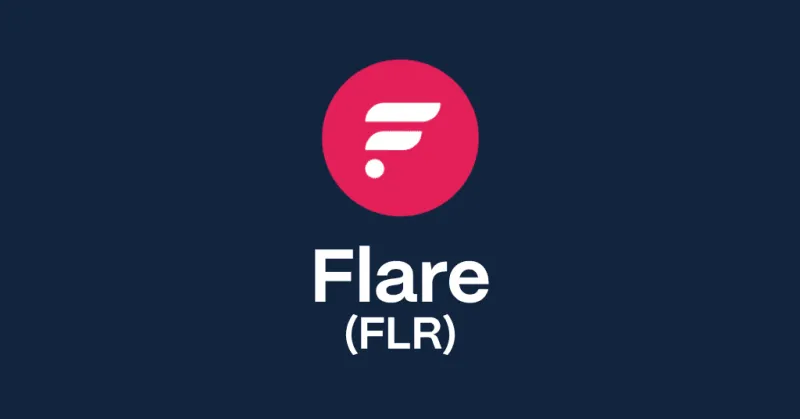Decentralized Applications (dApps) vary in many ways, from their purpose to their function and even their build. Thus, developers look for certain requirements from a blockchain they wish to deploy their applications on, but not all of these requirements can be fulfilled on a singular blockchain. Thus Ankr’s App Chains aim to tackle this issue and create the future of web3 development.
The Limitations of a Blockchain
As more and more people enter the Web3 ecosystem, scalability, security, and customizability will become increasingly important. Developers would want high transaction throughput, low fees, and the ability to choose the programming languages, consensus mechanisms, and development frameworks while still inheriting the security and provenance of the main chain.
The answer to these problems lies in App-specific blockchains built on subnet frameworks like Polygon Edge, Avalanche Subnets, and the BNB Application Sidechains (BAS), as these solve all these issues for developers.
Such custom blockchains hold the power to accelerate the adoption of web3, and Web3 infrastructure provider Ankr is even betting on the same. In fact, to further minimize these limitations, Ankr has launched App Chains-as-a-Service.
Ankr’s App Chains
These AppChains are a suite of plug-and-play tools that enable dApp developers to build custom blockchains uniquely suited to their applications. The App Chains combine the best of security, throughput, and customizability to provide Web3 startups, existing Web3 dApps, and Web2 projects coming to Web3 with all the tools they need to build a custom blockchain for their dApps.
These App Chains are designed to help Web3 projects and dApps operate without having to compete for resources on popular Layer 1 and Layer 2 chains or having to create a new Layer 1 from scratch.
Using a Dedicated Ankr App Chain allows a developer to process up to 300 transactions per second solely for their application against a public blockchain, the capacities of which the developer would have to share with other on-chain dApps.
Furthermore, offering scalability and flexibility, these App Chains allow developers to choose which programming languages, consensus mechanisms, and development frameworks they want to use without being confined by the constraints of specific virtual machines like the Ethereum Virtual Machine (EVM).
Thus, Ankr’s App Chains can help developers take the next step in creating a tailor-made custom blockchain designed to scale their project for mass Web3 adoption.

 Hassan Maishera
Hassan Maishera







